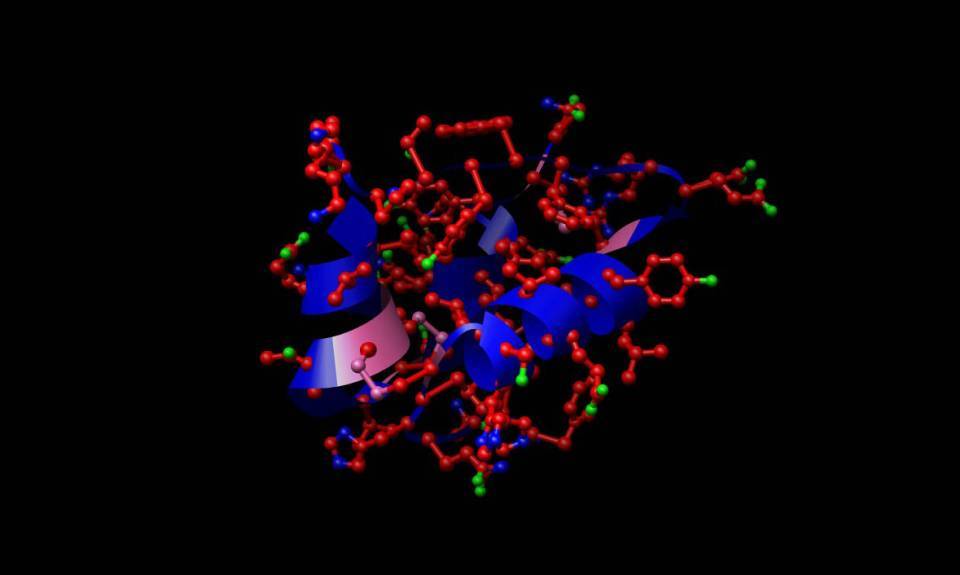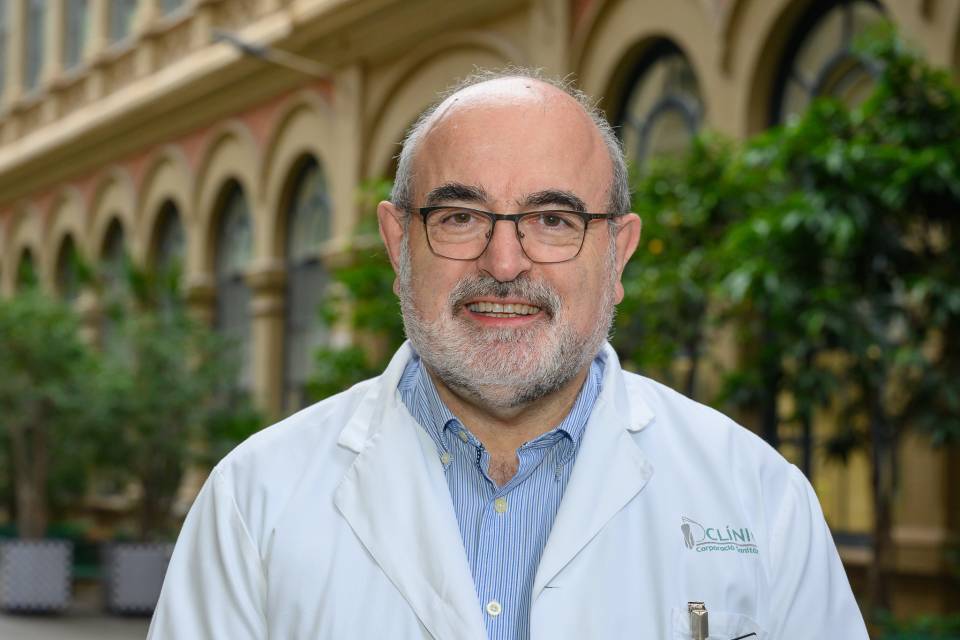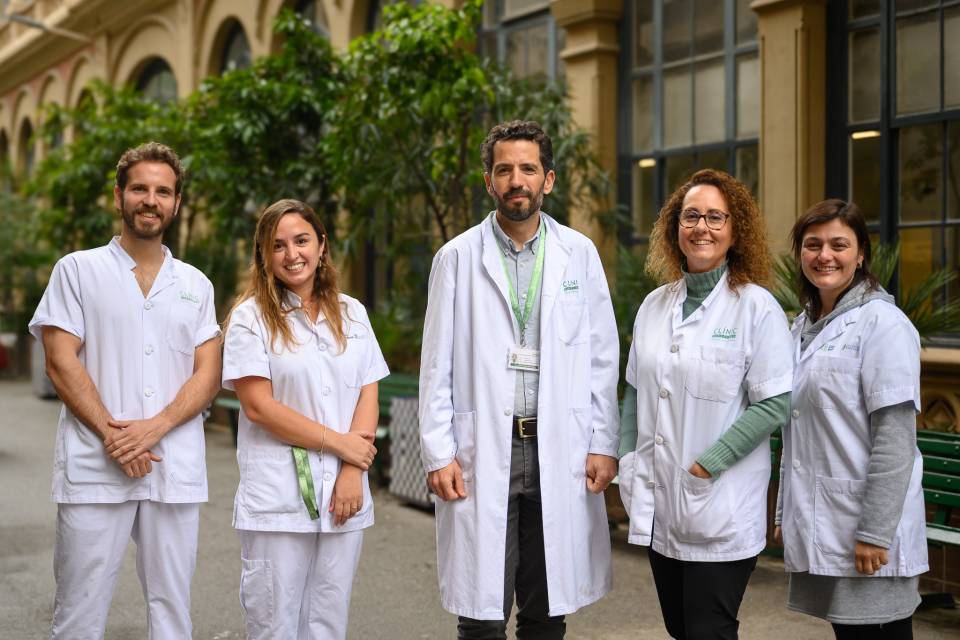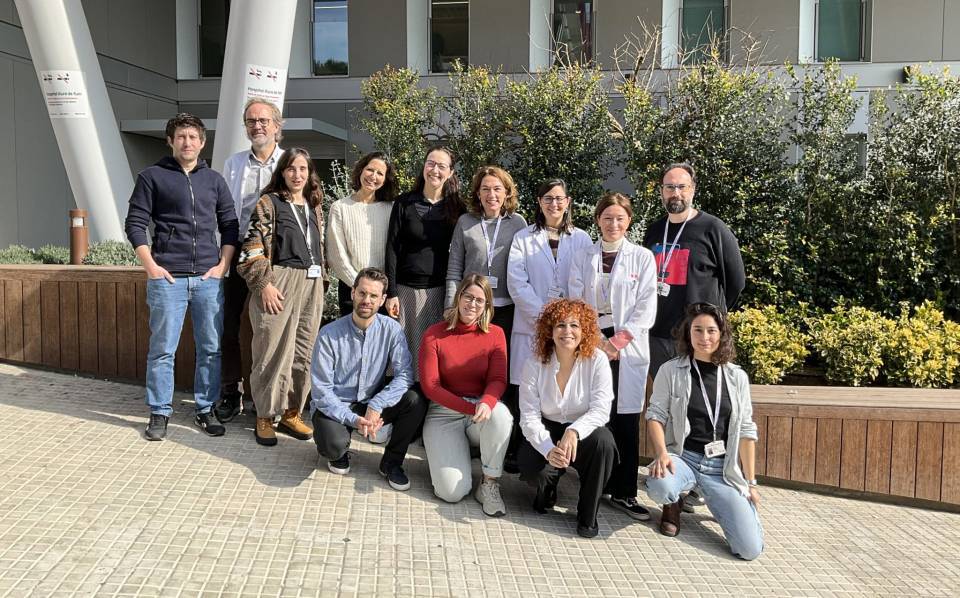Proteins can be affected by exposure to heat, sunlight or vibration. However, it is not known to what extent their transport and handling in real life can affect the integrity of these molecules. The goal of RealHOPE is to identify and simulate the effects of the different factors that can destabilise protein drugs. The results of this project will help the development of more robust protein drugs with a better safety profile for patients.
Protein drugs have the potential to cure illnesses that were previously uncurable, and to save lives. However, due to their complex structure, they contain sensitive molecules, which require careful handling to preserve their activity. Today, during production and delivery to pharmacies, care is taken to ensure optimum conditions such as, for example, temperature. Despite this, there are practically no data available on subsequent transport and handling. For example, it is not known how compounds may react when they are shaken inside a pneumatic tube system or exposed to sunlight on a table at the patient’s home. This may lead to the disposal of completely functional drugs, or alternatively the administration of medications that are lacking in efficiency.
RealHOPE brings together pharmaceutical companies, logistics enterprises, hospital pharmacies and a patients’ organisation that, together with application developers and academic researchers from different fields, will study the whole life cycle of a protein drug in depth.
The team, led by Carme López Cabezas of the Hospital Clínic Pharmacy Service, forms part of the consortium and will participate in three of the five work packages. “During the first phase of the project we will be participating together with other agents, in interviews that will help to better understand the real conditions of use of drugs at healthcare centres, such as distribution to plants or to patients’ homes, or alternatively reconstitution and dilution at the pharmacy”, the researcher explains. “However, our main objective will be the development of techniques that improve the handling of protein drugs at the hospital and particularly in the pharmacy service. Among others, we will compare the manual preparation of the compounds with the robotised process, which permits better controlling of the conditions.”
This knowledge will be used to design new stability protocols for future development of new formulations of protein drugs. The data collected, and the interviews conducted will constitute the basis for the development of educational materials directed at different interest groups: hospital pharmacists, nurses, patients, and carers.





